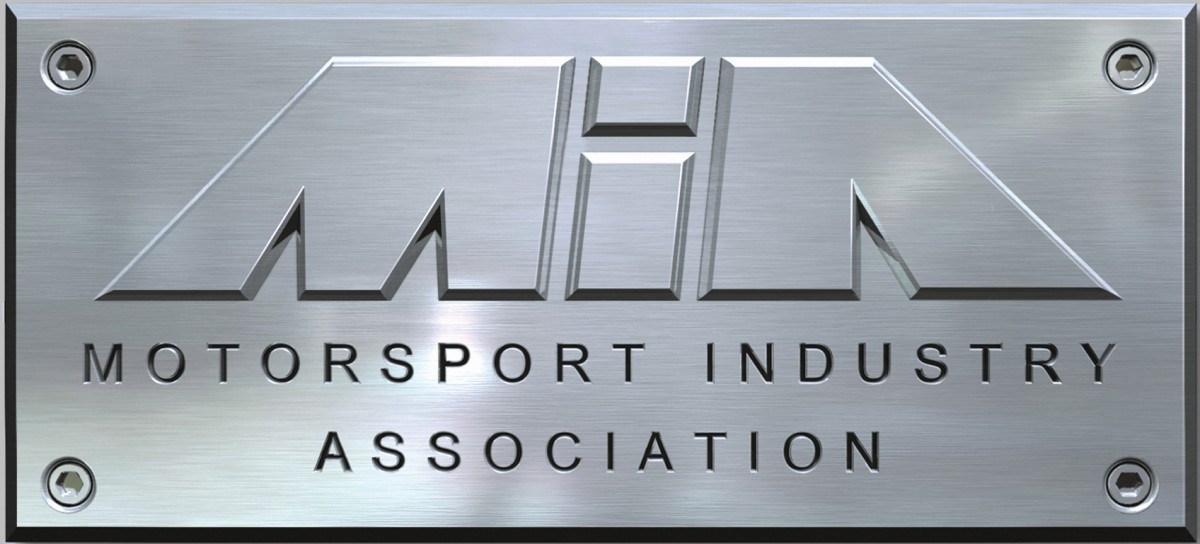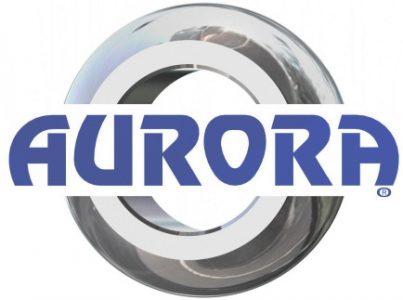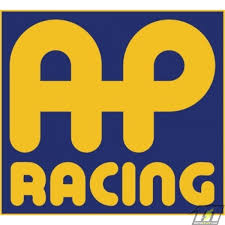Losing energy
Energy drinks have been quite a bit in the news in the last few days. It began with the British government announcing that it was beginning a consultation on how to implement a proposed ban on energy drinks for children. Energy drinks are already banned for sale to children by many major retailers, but children can still buy them from vending machines and many independent convenience stores, for example.
More than two-thirds of 10- to 17-year-olds and a quarter of 6- to 9-year-olds consume energy drinks. A 250ml can of energy drink can contain around 80mg of caffeine – the equivalent of nearly 3 cans of cola. On average, non-diet energy drinks also contain 60% more calories and 65% more sugar than other, regular soft drinks. According to a British government website, they have been linked to a string of health problems for children, including head and stomach aches, as well as hyperactivity and sleep problems.
In the same week in quite unrelated stories, Dr Helmut Marko, motorsport consultant to Red Bull, said that the company may withdraw from Formula 1 if the Honda engine it will be using from next year is not up to par, while in the US, the shock announcement that 5-Hour Energy is ceasing its sponsorship of Furniture Row Racing, the reigning Monster Energy NASCAR Cup Series champion, which is causing that team to close its doors permanently at the end of the season.
There’s no question that between them energy drinks have brought a great deal to motorsport. Red Bull in particular is especially generous with its open house hospitality in the Formula 1 paddock and if it vacated the scene, it would be sorely missed, as would is huge marketing clout. I am not in a position to comment on 5-Hour Energy and its involvement in the US, but it has obviously been a major factor in allowing Furniture Row to have the resources to win the championship.
However, as with the tobacco companies, the tide is beginning to turn against them from a regulatory point of view. It might take another five years but I would not be surprised to see energy drinks being banned from marketing its products in a few years. France along with Norway and Denmark initially tried to ban Red Bull, but that didn’t last long and by 2014 it was on sale in all 28 European Union countries. However, the new concerns that are causing the British government to react could be the starting point against such drinks being marketed and even sold.
As it did in replacing the tobacco industry, the marketing and sponsorship teams at the top level of motorsport have been pretty adept in enticing in other sponsors to fill the void, but as we can see for ourselves with the lack of sponsors on so many teams, those big buck sponsorship deals ae becoming a distant memory. If the energy drinks also go, then we will see more than Furniture Row close its doors.




















